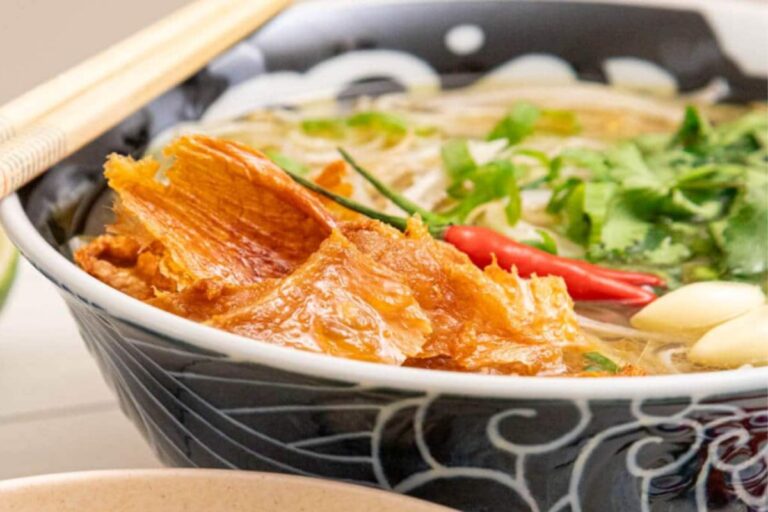15 Important Factors to Consider When Deciding Your Next Tip Amount
Tipping at restaurants is a common practice, but it can sometimes be confusing. How much should you tip? Should you always tip the same amount, or does it depend on the service? There are many factors to consider when deciding how much to tip, and it’s important to be thoughtful about it.
Tipping is not just about rewarding good service; it also reflects your appreciation for the hard work of the staff. Here are 15 important factors to consider before tipping at restaurants to ensure you leave the right amount and show your gratitude in the best way possible.
Quality of Service

The most obvious factor to consider when tipping is the quality of service you received. If the server was attentive, friendly, and made your dining experience enjoyable, it’s a good idea to show your appreciation with a generous tip.
On the other hand, if the service was lacking—perhaps the server was rude, inattentive, or slow—you might consider tipping less. However, it’s important to be fair and consider if the issues were beyond the server’s control, such as a busy kitchen or understaffing. Quality of service is key, but it’s not the only factor to keep in mind.
Restaurant Type

The type of restaurant you’re dining at can also influence how much you tip. In a high-end restaurant, where you’re paying for an elevated dining experience, it’s customary to tip more generously, often around 20% or more. In contrast, if you’re at a casual diner or fast-casual restaurant, a tip closer to 15% might be more typical.
The level of service and the overall dining experience can vary greatly depending on the restaurant type, so adjust your tip accordingly. Even in more casual settings, it’s important to leave a fair tip that reflects the effort of the staff.
Size of Your Group

If you’re dining with a large group, keep in mind that serving a big table requires extra effort from the waitstaff. Many restaurants automatically add a gratuity to the bill for large parties, usually around 18-20%, to ensure that the server is fairly compensated for their work.
If this automatic gratuity is not added, it’s good etiquette to tip generously, as serving a large group can be more challenging and time-consuming. On the other hand, if you’re dining alone or with just one other person, a standard tip of 15-20% is usually appropriate.
Complexity of Your Order
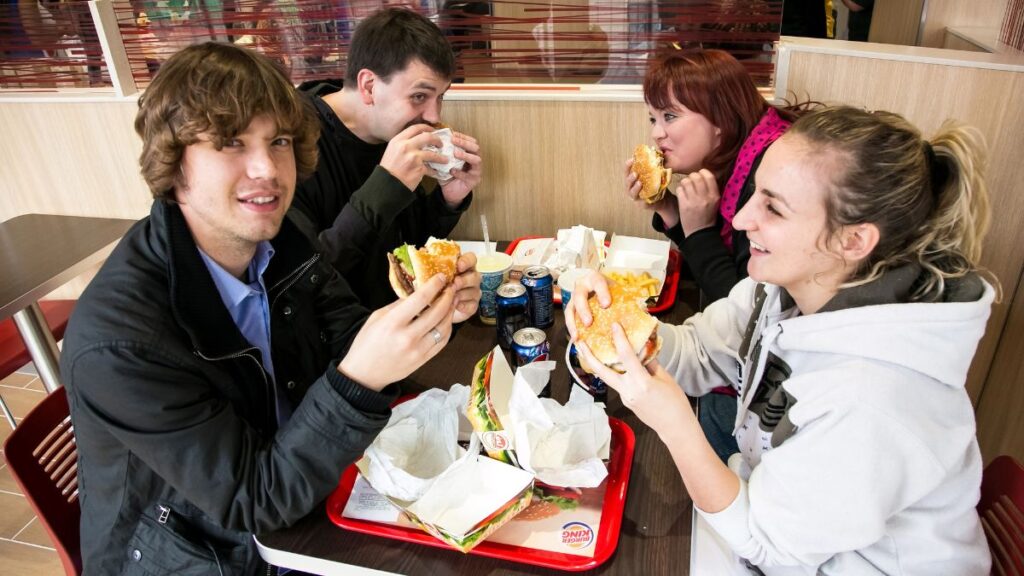
If you made special requests, ordered complicated dishes, or required extra attention from the server, it’s considerate to reflect that in your tip. Customizing orders can add to the server’s workload, so tipping a bit more can show your appreciation for their effort.
Whether it’s accommodating dietary restrictions or handling multiple modifications to your dishes, recognize the additional work involved. A little extra in the tip can go a long way in showing gratitude for personalized service. Complexity of orders is a key consideration, especially if the staff went out of their way to meet your needs.
Length of Your Stay

If you stayed at the table for an extended period, whether to chat, have dessert, or finish a bottle of wine, consider leaving a larger tip. The longer you stay, the fewer tables the server can attend to, which might reduce their overall tips for the shift. Being mindful of this and tipping a bit extra can compensate for the time you spent at the table.
A longer stay often means more refills, more clearing, and more attention, all of which deserve recognition. Remember that a server’s income depends heavily on tips, so take your stay time into account.
Splitting the Bill
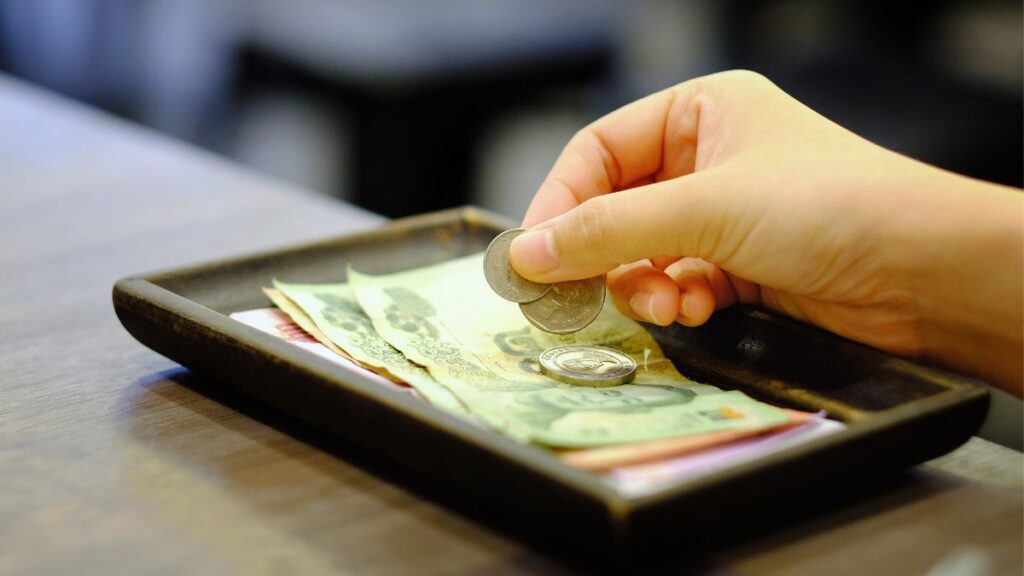
When dining with friends and splitting the bill, it’s important to ensure that the tip is still adequate. If each person is leaving a separate tip, make sure the total amount adds up to a fair percentage of the overall bill. Sometimes, when splitting the bill, people might inadvertently leave a smaller tip than intended.
To avoid this, discuss with your group how much each person should tip, or designate one person to handle the tip for the entire group. This way, the server receives a tip that reflects the total service provided.
Local Customs and Practices
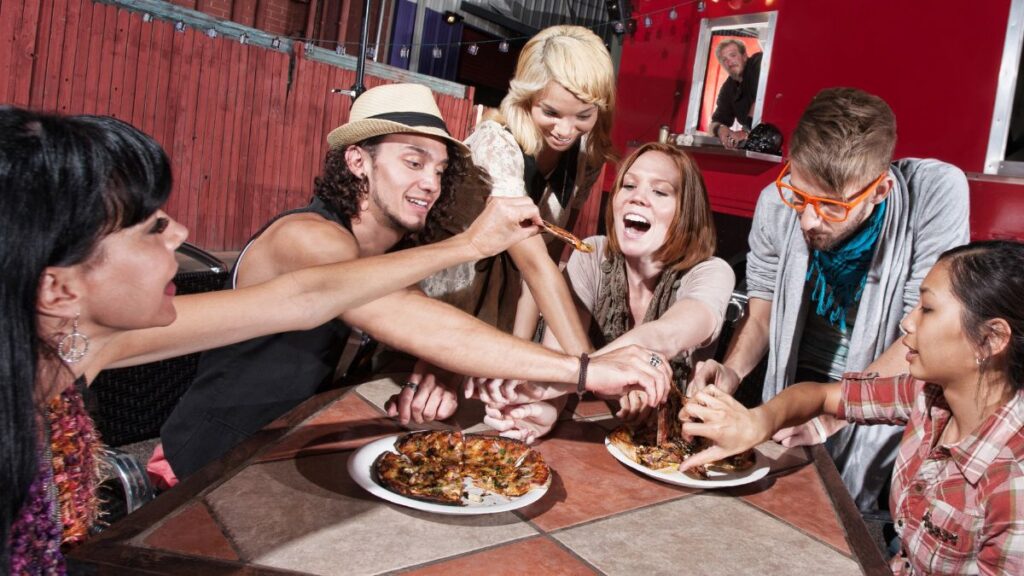
Tipping customs can vary widely depending on where you are. In some countries, tipping is expected and constitutes a significant part of a server’s income, while in others, it may be less common or even included in the bill as a service charge.
When dining out in a new place, it’s a good idea to research local tipping practices to ensure you’re following the appropriate etiquette. If you’re unsure, you can always ask the staff or check the menu for any guidance. Understanding local customs helps you tip appropriately and respectfully.
Automatic Gratuity
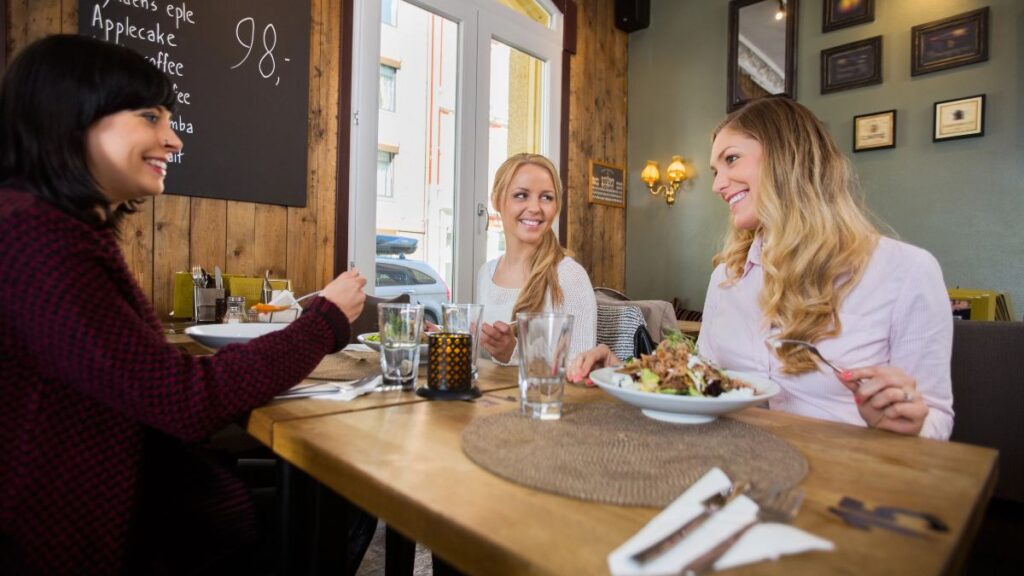
Some restaurants include an automatic gratuity on the bill, especially for large groups or special events. If this is the case, check the bill carefully to see if a tip has already been added. If it has, you may not need to add anything extra unless you want to reward exceptional service.
However, if you do decide to leave an additional tip, make sure it’s clearly marked so there’s no confusion. Understanding whether a gratuity has already been added helps avoid over-tipping or under-tipping by mistake.
Special Occasions
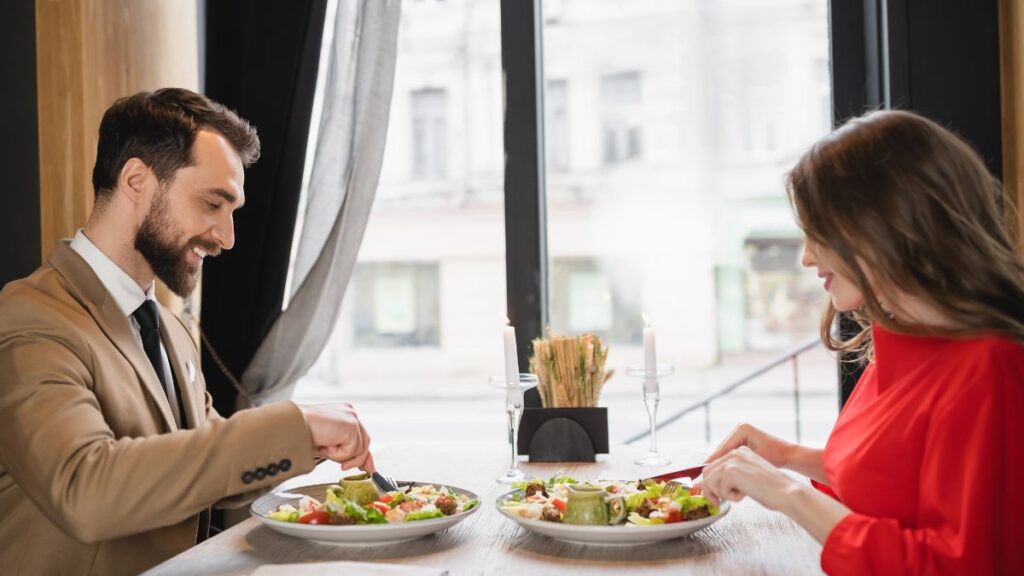
If you’re dining out for a special occasion, such as a birthday, anniversary, or holiday, consider leaving a more generous tip. Servers often go out of their way to make special occasions memorable, whether by providing personalized service, bringing out a dessert, or helping with a surprise.
A larger tip can show your appreciation for their efforts in making your celebration even more special. Special occasions often come with added touches, and recognizing these with a higher tip is a thoughtful gesture.
Time of Day
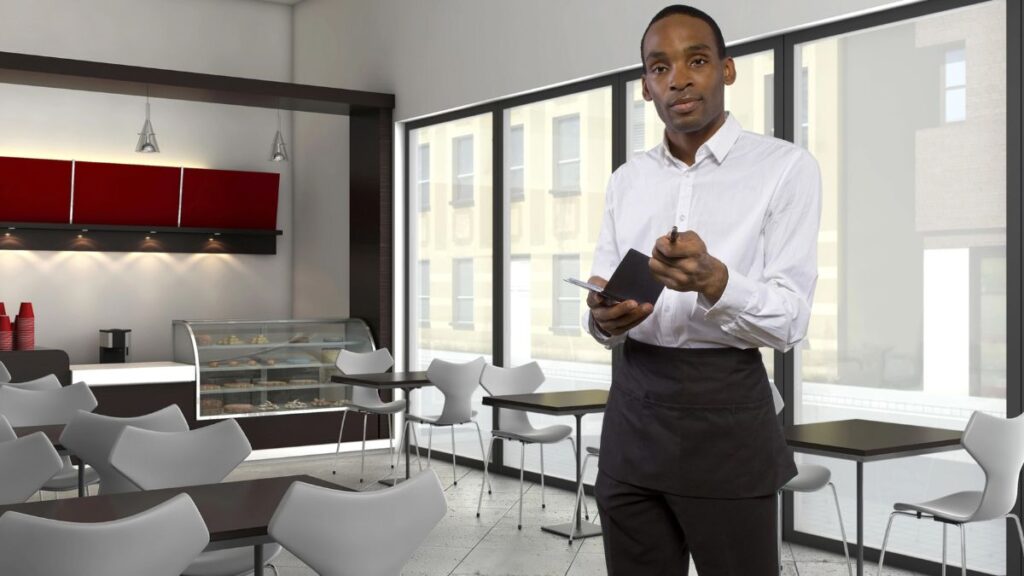
The time of day can also influence your tip. If you’re dining during peak hours, such as dinner time or a busy weekend brunch, your server might be handling multiple tables and working under pressure. Tipping generously during these times shows appreciation for their hard work in a busy environment.
On the other hand, if you’re dining during a slower period, like mid-afternoon, the service might be more relaxed and attentive, and tipping well in these situations can also be a nice gesture. The pace and pressure of the service should be reflected in your tip.
Restaurant Policies

Some restaurants have specific tipping policies, such as pooling tips among all staff members, including kitchen and cleaning staff. If you’re aware of such policies, it might influence how much you tip, knowing that it will be shared among a larger group.
Understanding these policies can help you make an informed decision about your tip, ensuring that everyone who contributed to your dining experience is fairly compensated. Restaurant policies can vary, so it’s worth asking if you’re unsure how tips are distributed.
Your Budget

While it’s important to tip fairly, it’s also essential to consider your budget. Dining out should be an enjoyable experience, and tipping within your means is part of that. If you’re on a tight budget, you can still show appreciation by leaving a smaller but thoughtful tip.
Even if you can’t tip as much as you’d like, a kind word or note of thanks can also go a long way. Your budget is an important factor, but the key is to tip what you can while being considerate of the service you received.
Service Recovery

If something went wrong during your meal, such as an incorrect order or a long wait time, and the server made an effort to correct it, consider leaving a generous tip to acknowledge their recovery efforts.
Everyone makes mistakes, and how they handle them can make a big difference in your dining experience. A tip that reflects appreciation for good service recovery shows that you value their effort to make things right. Service recovery is an important factor, as it often takes extra effort from the staff to ensure you leave satisfied.
Courtesy and Attitude
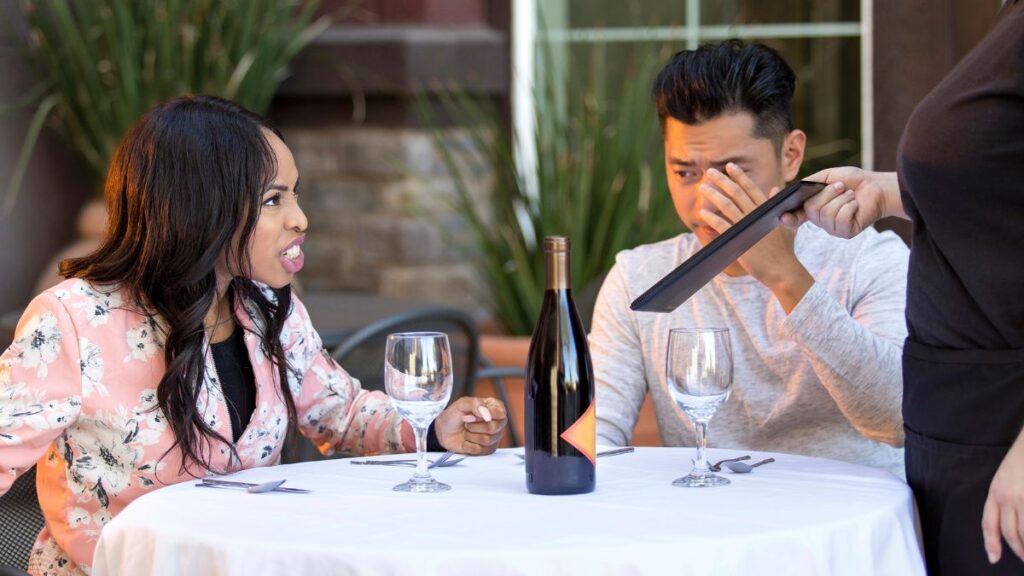
A server’s attitude and courtesy can greatly influence your dining experience. If your server was polite, attentive, and made you feel welcome, it’s worth recognizing this with a generous tip. On the other hand, if the server was dismissive or rude, you might consider tipping less, though it’s always a good idea to remain fair.
Sometimes, the attitude of the server is what makes or breaks the dining experience, and your tip can reflect that. Courtesy and attitude are important aspects of service that should be considered when tipping.
Regular Patronage

If you’re a regular at a particular restaurant, tipping well can help build a positive relationship with the staff. They’ll likely remember you and may even go the extra mile to make your dining experiences more enjoyable in the future.
Regular customers who tip generously often receive better service over time, as staff appreciate their loyalty and consistency. If you visit the same restaurant frequently, consider leaving a tip that reflects your ongoing appreciation for their service. Regular patronage and good tipping habits can enhance your overall dining experiences.
15 Places Where You’re Expected to Tip—But You Really Don’t Have To
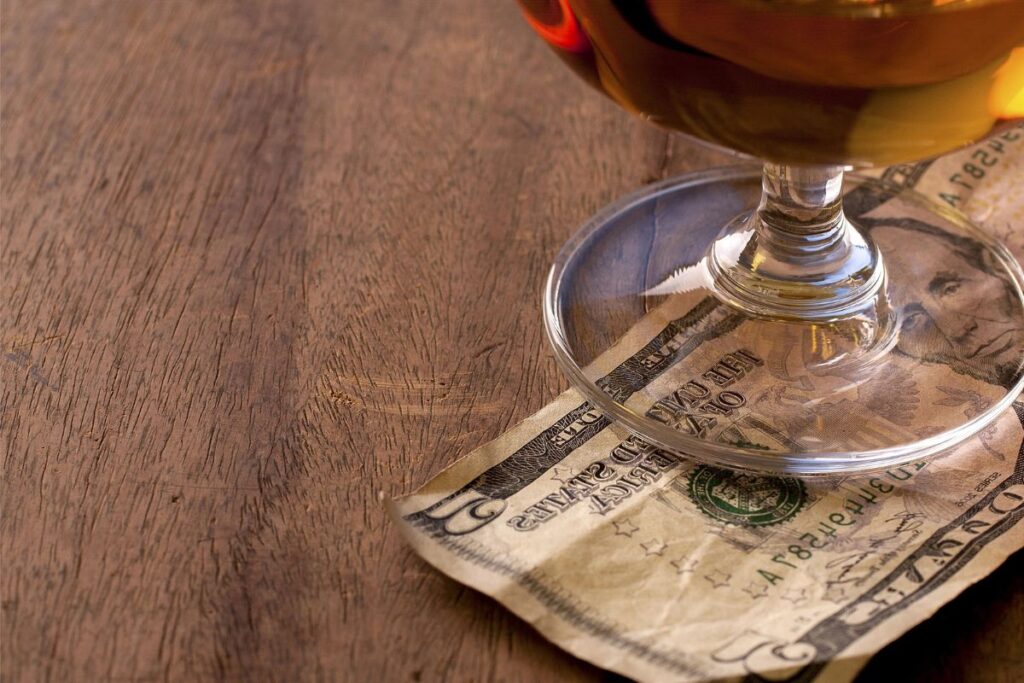
Tipping has become a widespread practice in many industries, with the expectation that you’ll leave a little extra for good service. However, not every situation truly warrants a tip, even if you feel pressured to give one.
15 Places Where You’re Expected to Tip—But You Really Don’t Have To
15 Most Annoying Habits of American Tourists When Dining Abroad

Traveling abroad is an exciting adventure, and dining in new places is a big part of the experience. However, some common behaviors by American tourists can be frustrating for locals and affect the dining experience.
15 Most Annoying Habits of American Tourists When Dining Abroad




